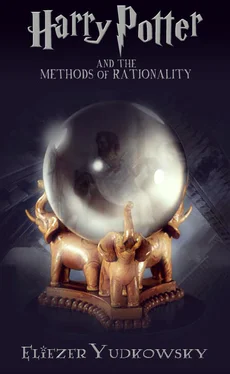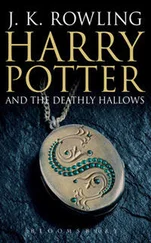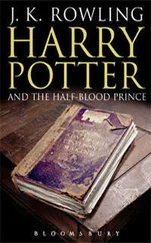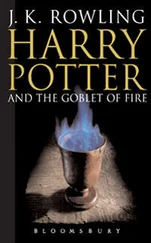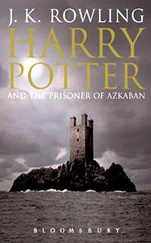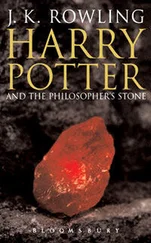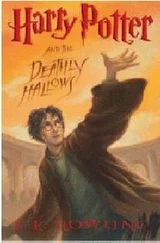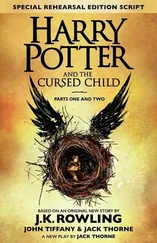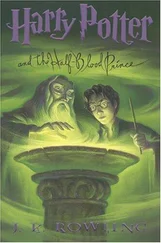Then Harry shook his head, dismissing the gloomy line his reasoning had been going down. The question was whether there was a significant probability of facing anything so terrible as a Dark Rationalist in the first place.
Prior odds that someone attempting an immortality ritual would actually have it work...
Call it one to a thousand, at a generous overestimate; it was not the case that roughly one wizard in a thousand survived their death. Though, admittedly Harry didn't have data on how many had attempted immortality rituals first.
What if the Dark Lord is as smart as us? said Ravenclaw Three. You know, the way Trelawney prophesied him being our equal. Then he would make his immortality ritual work. P.S., don't forget that 'destroy all but a remnant of the other' line.
Requiring that level of intelligence was an additional burdensome detail; prior odds of a random population member being that intelligent were low...
But Lord Voldemort wasn't a randomly selected wizard, he was one particular wizard in the population who'd come to everyone's attention. The puzzle of the Mark implied a certain minimum level of intelligence, even if (hypothetically) the Dark Lord had taken longer to think it through. Then again, in the Muggle world, all of the extremely intelligent people Harry knew about from history had not become evil dictators or terrorists. The closest thing to that in the Muggle world was hedge-fund managers, and none of them had tried to take over so much as a third-world country, a point which put upper bounds on both their possible evil and possible goodness.
There were hypotheses where the Dark Lord was smart and the Order of the Phoenix didn't just instantly die, but those hypotheses were more complicated and ought to get complexity penalties. After the complexity penalties of the further excuses were factored in, there would be a large likelihood ratio from the hypotheses 'The Dark Lord is smart' versus 'The Dark Lord was stupid' to the observation, 'The Dark Lord did not instantly win the war'. That was probably worth a 10:1 likelihood ratio in favor of the Dark Lord being stupid... but maybe not 100:1. You couldn't actually say that 'The Dark Lord instantly wins' had a probability of more than 99 percent, assuming the Dark Lord started out smart; the sum over all possible excuses would be more than .01.
And then there was the Prophecy... which might or might not have originally included a line about how Lord Voldemort would immediately die if he confronted the Potters. Which Albus Dumbledore had then edited in Professor McGonagall's memory, in order to lure Lord Voldemort to his doom. If there was no such line, the Prophecy did sound somewhat more like You-Know-Who and the Boy-Who-Lived were destined to have some later confrontation. But in that case, it was less likely that Dumbledore would've come up with a plausible-sounding excuse not to take Harry to the Hall of Prophecy...
Harry was wondering if he could even get a Bayesian calculation out of this. Of course, the point of a subjective Bayesian calculation wasn't that, after you made up a bunch of numbers, multiplying them out would give you an exactly right answer. The real point was that the process of making up numbers would force you to tally all the relevant facts and weigh all the relative probabilities. Like realizing, as soon as you actually thought about the probability of the Dark Mark not-fading if You-Know-Who was dead, that the probability wasn't low enough for the observation to count as strong evidence. One version of the process was to tally hypotheses and list out evidence, make up all the numbers, do the calculation, and then throw out the final answer and go with your brain's gut feeling after you'd forced it to really weigh everything. The trouble was that the items of evidence weren't conditionally independent, and there were multiple interacting background facts of interest...
...well, one thing at least was certain.
If the calculation could be done at all, it was going to take a piece of paper and a pencil.
In the fireplace at one side of the Headmaster's office, the flames suddenly flared up, turning from orange to bright billious green.
"Ah!" said Professor McGonagall into the uncomfortable non-silence. "That would be Mad-Eye Moody, I suppose."
"Let this matter bide for now," the Headmaster said in some relief, as he too turned to regard the Floo. "I believe we are about to receive some news regarding it, as well."
Hypothesis: Hermione Granger
(April 8th, 1992, 6:53pm)
Meanwhile in the Great Hall of Hogwarts, as the students who didn't have secret meetings with the Headmaster bustled about their dinner around four huge tables -
"It's funny," Dean Thomas said thoughtfully. "I didn't believe the General when he said that what we learned would change us forever, and we'd never be able to return to a normal life afterward. Once we knew. Once we saw what he could see."
"I know!" said Seamus Finnigan. "I thought it was just a joke too! Like, you know, everything else General Chaos ever said ever."
"But now -" Dean said sadly. "We can't go back, can we? It'd be like going back to a Muggle school after having been to Hogwarts. We've just... we've just got to stay around each other. That's all we can do, or we'll go crazy."
Seamus Finnigan, next to him, just nodded wordlessly and ate another bite of veldbeest.
Around them, the conversation at the Gryffindor table continued. It wasn't as relentless as it'd been yesterday, but now and then the topic wandered back.
"Well, there must've been some sort of love triangle," said a second-year witch named Samantha Crowley (she never answered when asked if there was any relation). "The question is, which ways was it going before it all went wrong? Who was in love with who - and whether or not that person loved them back - I don't know how many possibilities there are -"
"Sixty-four," said Sarah Varyabil, a blossoming beauty who probably should've been Sorted into Ravenclaw or Hufflepuff instead. "No, wait, that's wrong. I mean, if nobody loved Malfoy and Malfoy didn't love anyone then he wouldn't really be part of the love triangle... this is going to take Arithmancy, could you all wait two minutes?"
"It's so sad, " said Sherice Ngaserin, who actually had tears in her eyes. "They were just - they were just so obviously meant to be together!"
"You mean Potter and Malfoy?" said a second-year named Colleen Johnson. "I know - their families hated each other so much, there's no way they couldn't fall in love -"
"No, I mean all three of them," said Sherice.
This produced a brief pause in the huddled conversation. Dean Thomas was quietly choking on his lemonade, trying not to make any sounds as it trickled out of his mouth and soaked into his shirt.
" Wow, " said a dark-haired witch by the name of Nancy Hua. "That's really... sophisticated of you, Sherice."
"Look, you all, we need to keep this realistic," said Eloise Rosen, a tall witch who'd been General of an army and hence spoke with an air of authority. "We know - because she kissed him - that Granger was in love with Potter. So the only reason she'd try to kill Malfoy is if she knew that she was losing Potter to him. There's no need to make it all sound so complicated - you're all acting like this is a play instead of real life!"
"But even if Granger was in love, it's still funny that she'd just snap like that," said Chloe, whose black robes combined with her night-black skin to make her look like a darkened silhouette. "I don't know... I think maybe there's more to this than just a romance novel gone wrong. I think maybe most people haven't got any idea at all what's going on."
Читать дальше
